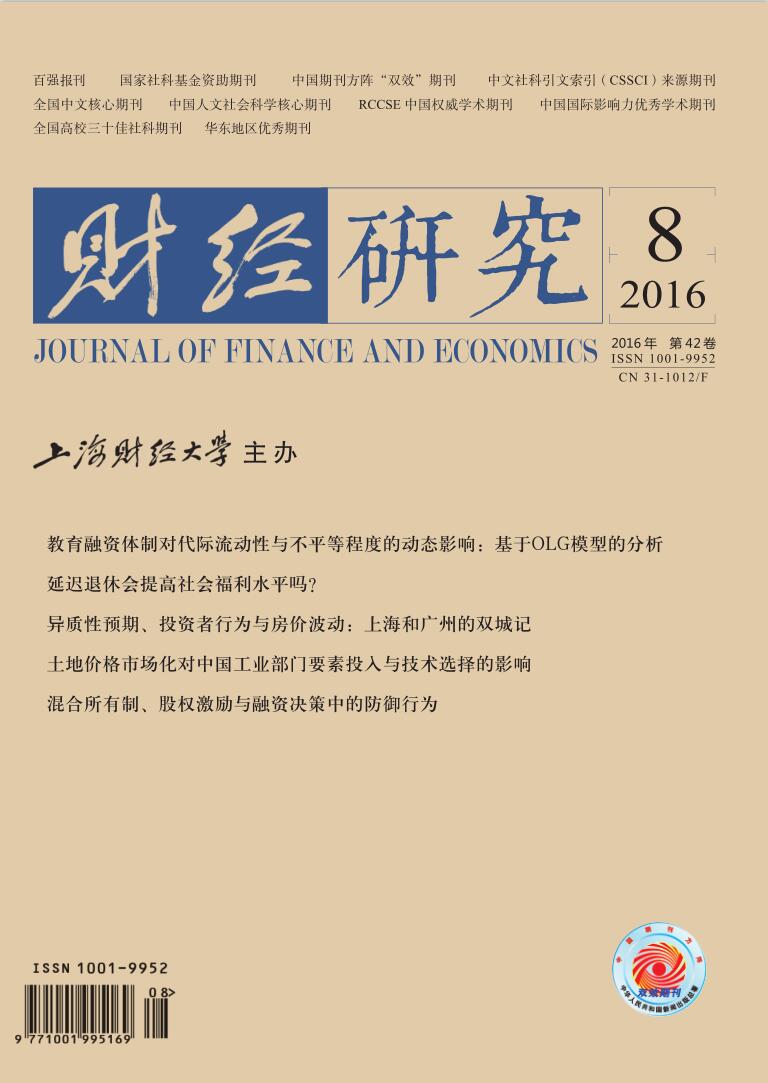Based on the reality background that delayed retirement age may result in employment extrusion and leisure losses, this paper incorporates heterogeneous consumers into a dynamic general equilibrium overlapping generation framework, and simulates the long-term effect of delayed retirement age policy on the welfare of enterprise employees according to main parameters of Chinese economic calibration and based on the control of the shocks of delayed retirement age to labor market in China. It comes to the conclusions as follows: firstly, no matter which policy is adopted, existing policy that maintains unchanged payment rate or the policy that maintains unchanged pension treatment, delayed retirement age can raise social welfare of urban enterprise employees; the first policy can lead to the increase in social welfare by 3.66% and the secondly policy 1.1%; in the case of keeping the pension insurance contribution rate unchanged, in the long run, delayed retirement age by five years results in the optimization of social welfare; secondly, optimal retirement age is closely related to the state of labor market, and if current employment situation is grim, optimal retirement age needs to be reduced correspondingly.
 / Journals / Journal of Finance and Economics
/ Journals / Journal of Finance and EconomicsJournal of Finance and Economics
LiuYuanchun, Editor-in-Chief
ZhengChunrong, Vice Executive Editor-in-Chief
YaoLan BaoXiaohua HuangJun, Vice Editor-in-Chief
Does Delayed Retirement Age Lead to the Increase in Social Welfare?
Journal of Finance and Economics Vol. 42, Issue 08, pp. 27 - 39 (2016) DOI:10.16538/j.cnki.jfe.2016.08.003
Abstract
References
Abstract
Cite this article
Ning Lei, Zheng Chunrong. Does Delayed Retirement Age Lead to the Increase in Social Welfare?[J]. Journal of Finance and Economics, 2016, 42(8): 27–39.
Export Citations as:
For
ISSUE COVER
RELATED ARTICLES




 9081
9081  8366
8366

